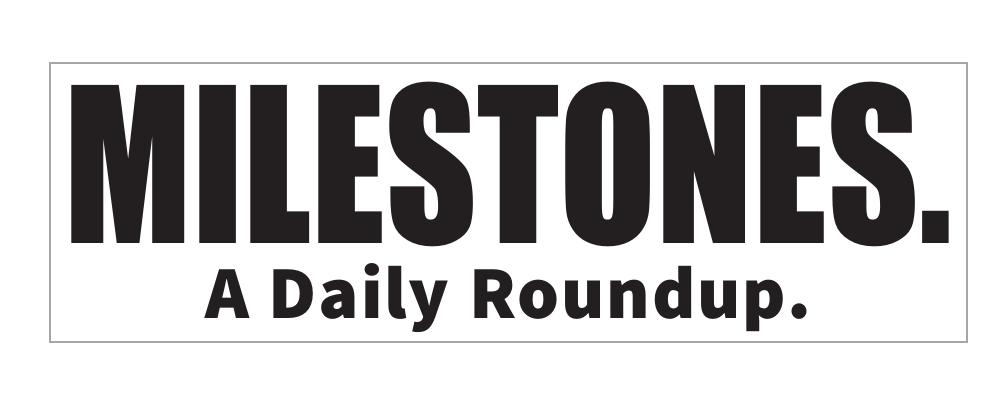Milestones: January 2, 2024

THE TORY ACT — THE CONTINENTAL CONGRESS SPELLED OUT HOW TO DEAL WITH COLONIES THAT REMAINED LOYAL TO BRITAIN AND KING GEORGE III, WHEN IT PASSED THE TORY ACT RESOLUTION ON JAN. 2, 1776. The Tory Act called on colonial committees to indoctrinate those “honest and well-meaning, but uninformed people” by enlightening them as to the “origin, nature and extent of the present controversy.” The Congress remained “fully persuaded that the more our right to the enjoyment of our ancient liberties and privileges is examined, the more just and necessary our present opposition to ministerial tyranny will appear.”
Congress, in this resolution, merely offered its “opinion” that dedicated Tories “ought to be disarmed, and the more dangerous among them either kept in safe custody or bound with sufficient sureties to their good behavior.”
✰✰✰

Brooklyn Boro
View MoreNew York City’s most populous borough, Brooklyn, is home to nearly 2.6 million residents. If Brooklyn were an independent city it would be the fourth largest city in the United States. While Brooklyn has become the epitome of ‘cool and hip’ in recent years, for those that were born here, raised families here and improved communities over the years, Brooklyn has never been ‘uncool’.